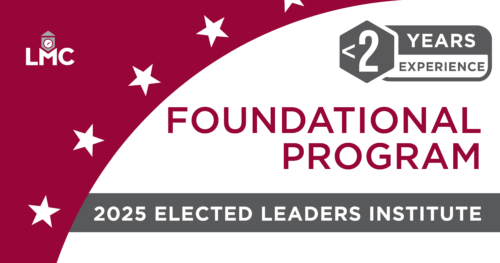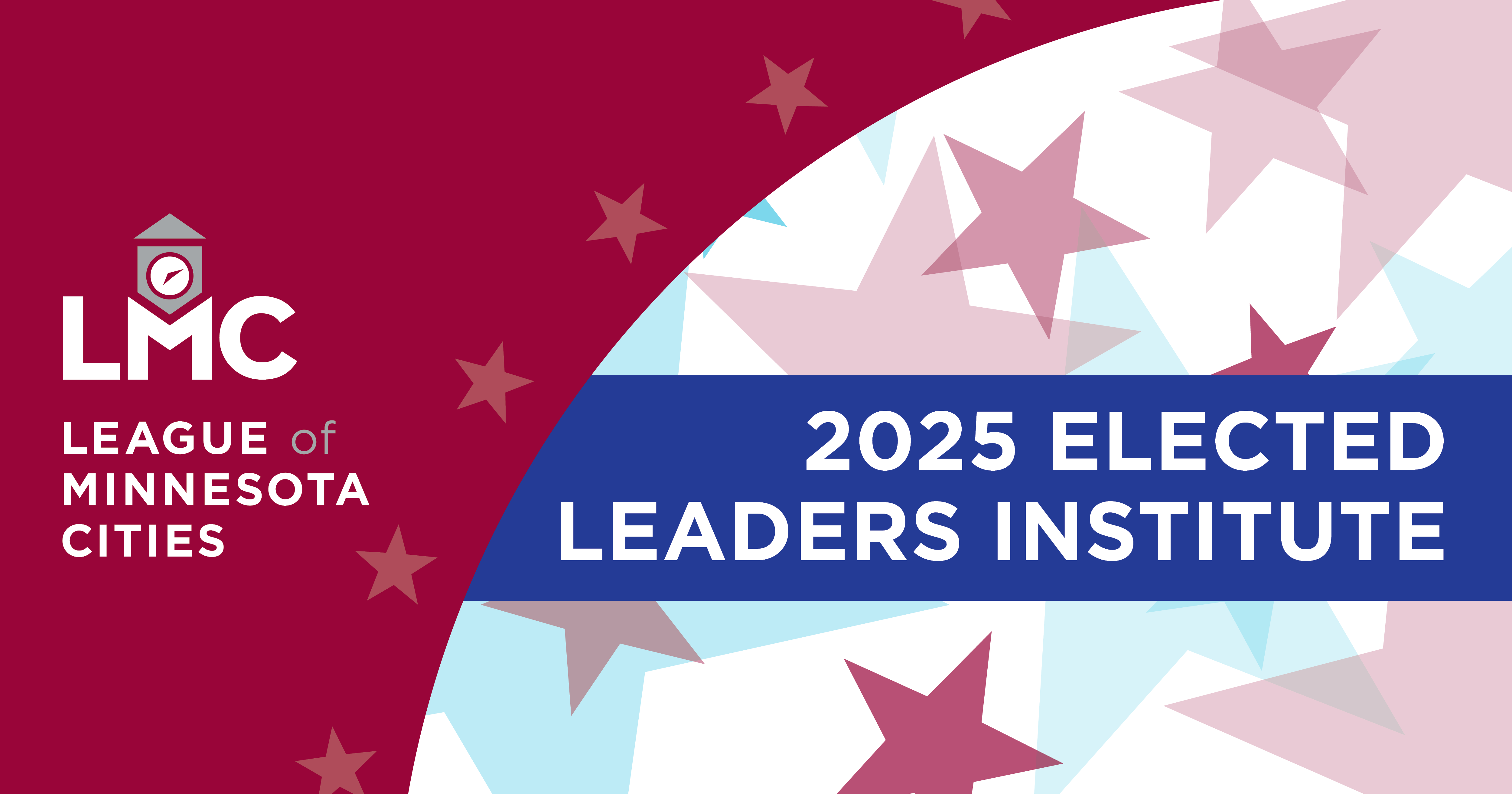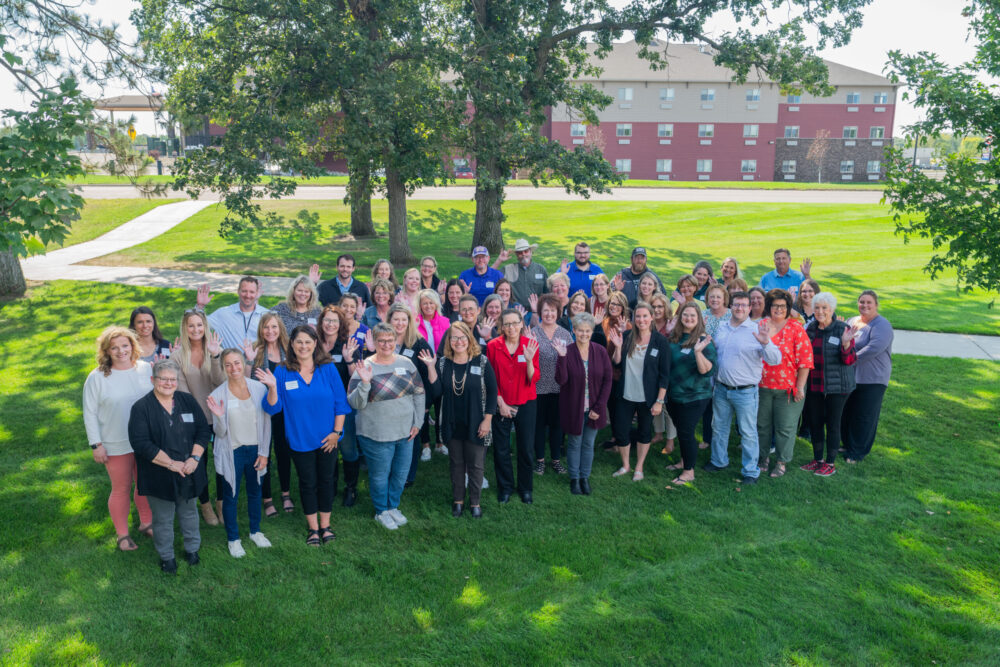This guide can help your city communicate and manage media relations when responding to an incident related to race.
It is available in a printable pdf format for download: Handling Media Inquiries About Race Equity Issues in Your City
Introduction
What kinds of incidents demand a response?
Actions or statements in your community that reference racist ideas or evoke accusations of racial bias, particularly those with high visibility, are likely to draw the interest of print and electronic media audiences. Accounts of incidents can spread quickly through social media — some receiving nationwide or worldwide attention.
Examples include: graffiti being painted on the house of a city resident with racial slurs, swastikas, or threats; perceived disparate treatment of people of color by local law enforcement officers; passage of ordinances that are exclusionary or disproportionately target people of color; verbal harassment of residents in a public area by other residents; racist language used in a social media post by a city official or a resident in your community; the display of historical memorabilia with racist connections presented or celebrated without context or acknowledgement of that history.
Some matters like the examples above may not directly involve city government or city staff, but still rise to the level of requiring a response on the part of city officials to defend the image of the city, reinforce the positive inclusive values of your community, or promote steps toward healing. These matters also provide a premise for providing general messaging to the media and residents about your city’s race equity and inclusivity efforts.
This guide includes:
- Communication steps to take if an incident occurs in your community.
- Suggestions for developing useful key messages using core values.
- Tips and lists helpful for crafting a statement or preparing for media interviews.
- Key messages to emphasize if your community has participated in race equity work and/or the Government Alliance on Race Equity.
To get more help
If you have additional questions or concerns after reading through this guide, please contact the League of Minnesota Cities public affairs team for guidance. These services are free and available for all League member cities. For a crisis that is chronic in nature, or persists over a long period of time, the League might recommend that your city solicit the services of a public relations firm to help with your communication needs. In many cases, an initial consultation will be free to assess how their services fit your needs.
Communication skills
Establish a foundation
Communication skills alone cannot solve race equity issues in your city. Cities that start meaningful community engagement and public policy work in this field before a crisis will be better positioned to provide credible information to their audience with integrity and transparency. Developing relationships between city government and communities of color in your city before a problem arises will better enable your community as a whole to address problems and move forward.
Develop your key messages
Prepare a series of “key messages” addressing the situation. Key messages include timely information in addition to other elements, such as one or more municipal government values, empathy, context, and/or a call to action. These key messages can be used to answer interview questions, and to provide the basis of a statement or a press release.
All key messages should be vetted by the city attorney to ensure that any relevant First Amendment rights are respected, and that your messaging does not raise additional liability concerns.
Note that even speech protected by the First Amendment is not immune or protected from criticism and might still be considered offensive by residents of your community. Protected speech may still merit comment from city officials.
When preparing key messages about a crisis, make sure the information is relevant and respectful of people in your community representing all races, cultures, religions, genders, and age groups. Consider making your messages available in a non English format if appropriate for residents of your community.
Statements
When writing a statement to be delivered as a written or spoken piece consider using the following structure to organize your thoughts and adjust as needed:
- Acknowledge harm and concern in the community, regardless of the city’s role.
- Affirm your community’s values, and where the situation in question fell short.
- Articulate what the city’s role is in the incident (city responsibility, or simply a necessity to comment).
- Briefly explain how you will take action based on the needs of your community, centering those targeted by discrimination or harm.
- Emphasize learning and listening as part of your commitment moving forward.
Interviews
Use this checklist to prepare for media interview or request for comment:
- Consider the specific audience(s) you are trying to reach when you are crafting your responses (residents, affected individuals or groups, residents of surrounding communities).
- Choose a single spokesperson, if possible, to ensure that your city’s message remains consistent (mayor, administrator, police chief, or city attorney for example).
- The designated spokesperson should write or type out your key messages and commit them to memory to the extent possible. Those messages will form the basis for the content of the interview.
- If you are faced with several media calls, consider issuing a formal statement from the city and post it in a public area (city website, for example). As reporters call, simply point them to the statement instead of granting the same interview multiple times. Update or issue a new statement as events warrant.
- When a racially-motivated incident occurs, make sure you understand and are prepared to effectively communicate the difference between the city’s responsibility (actions by city staff or elected officials) and an incident that is the responsibility of a private citizen (resident).
- Communicate regularly with the press and residents, as needed. Information gaps may lead toward a spread of rumors or speculation.
From time to time, a local incident or situation will attract the attention of national media outlets. While the decision to respond is yours, keep in mind that your local media and the residents they serve take greater priority.
When the reporter calls
- If you need a few minutes to prepare your thoughts or take care of some urgent business, arrange to call the reporter back at a time that still serves the deadline needs of the reporter.
- Use the time before meeting with a reporter to anticipate questions and sketch out possible responses to those questions with the help of the key messages you have developed.
- When you meet with a reporter, it generally takes a few minutes to arrange interview logistics — microphone and camera set-up, lighting, etc. Use that time to your advantage to talk to the reporter about interview content.
- Work toward a mutual understanding of what the reporter is seeking and what you can offer. What type of information is he/ she looking for — reaction, background, authentication?
- Ask the reporter any needed clarification questions. Who else have they interviewed, or do they plan to interview others? When will the resulting story be broadcast or published?
- Share useful background information that may not otherwise make it into the interview. Often that kind of information is included in the final edited report, even though it is not conveyed during the actual interview.
Tips to consider during the interview
Make sure that your key messages have been vetted through the city attorney.
- Deliver and repeat your key messages. If the reporter asks a question unrelated to one of your key messages, you are encouraged to still attempt to work elements of your key messages into your response, as appropriate.
- Admit when you don’t know an answer to a specific question and offer to get the answer promptly. Even if pressed, it’s better to delay your response than to speculate or give incorrect information.
- Don’t ramble. Stop talking after your point has been made and allow the reporter to continue his/her questioning.
- In your response, repeat part of the question to make sure your answer fits into the correct context, and that the interview can be more easily edited — as needed — for clarity.
- Do not offer a response to hearsay/speculation.
- Be compassionate and empathetic (as appropriate).
And remember: You are always on the record
You are always on the record. When speaking with reporters, assume it is always on the record unless you mutually agree otherwise. It is recommended that you refrain from providing comments off the record.
Simply avoid saying anything that could cause additional trouble for the city if broadcast or included in print.
Avoid using ‘no comment.’
It is advisable to use alternative phrases that do not project hostility, or an appearance that you are trying to hide information.
Here are several alternatives:
“We’re speaking with staff and residents to learn more …”
“I don’t think it’s appropriate for us to speculate at this time …”
“We want to assure the community we’ll keep you informed as our investigation progresses …”
“Here are the facts as we know them … and here is what we do not yet know …”
Values and race equity messaging
Municipal government core values
Some municipal government core values to consider:
- We value safety and the safety of all residents (in referencing targeted individuals or groups.)
- We value inclusion.
- We are responsive to the needs of all residents.
- We are respectful of the constitutional rights of all, including the First Amendment and its limitations.
- We strive to share information and communicate with the community.
Race equity and inclusion messages
If your city has participated in race equity or similar initiatives, consider and be able to clearly articulate the basic core values of your community. Think about how pursuit of those values is strengthened by your city’s race equity involvement.
- Equitable outcomes require equitable operations.
- Government should be a force for good.
- The public sector should be for the public good.
- Historically, racial inequities were intentionally created.We must now be even more intentional as we dismantle racial inequity.
- Racial equity isn’t accidental. We must transform government to achieve racial equity.
- Good government is impossible without racial equity.
- Our systems created and maintain racial inequity — and this is what they will perpetuate until we redesign them.
- Equality is one of the highest ideals in American culture, yet race can predict one’s success on any and all indicators for success.
- Government should be of all people, by all people, and for all people.
(Examples courtesy of The Government Alliance on Race Equity)
For GARE cohort cities
Cities that participated in the Government Alliance on Race and Equity (GARE) program may want to be prepared to communicate about the program and the city’s participation.
- The GARE model was developed specifically to help local (and state) governments identify the patterns of racial inequity in their structures and service delivery and develop an equity action plan to address those disparities.
- GARE focuses on eliminating the impacts of institutional and systemic racial inequity — local government policies, practices, procedures, and structures that have disparate impacts on people of color. Many of these impacts are unintentional, but have become embedded in current systems over the course of several decades
- GARE training is not designed for the purpose of pointing fingers at individuals or institutions, but to educate and empower communities to move toward better and more equitable outcomes for all residents, including people of color.
- Race equity solutions resulting from GARE participation are pragmatic, not ideological in nature. They are based on analysis of actual disparities.
- GARE trainers teach accountability strategies to ensure that plans achieve measurable results.
- Based on GARE training, each participating jurisdiction or cohort is encouraged to develop its own unique plan that makes sense for that particular city, county, or other government entity.
- GARE provides the opportunity for local governments seeking local solutions to be a part of a collaborative community of practice, working together to develop and hone strategies that make a difference in race equity matters.
Additional resources
GARE Communications Guide (On the Government Alliance for Racial Equity website)




